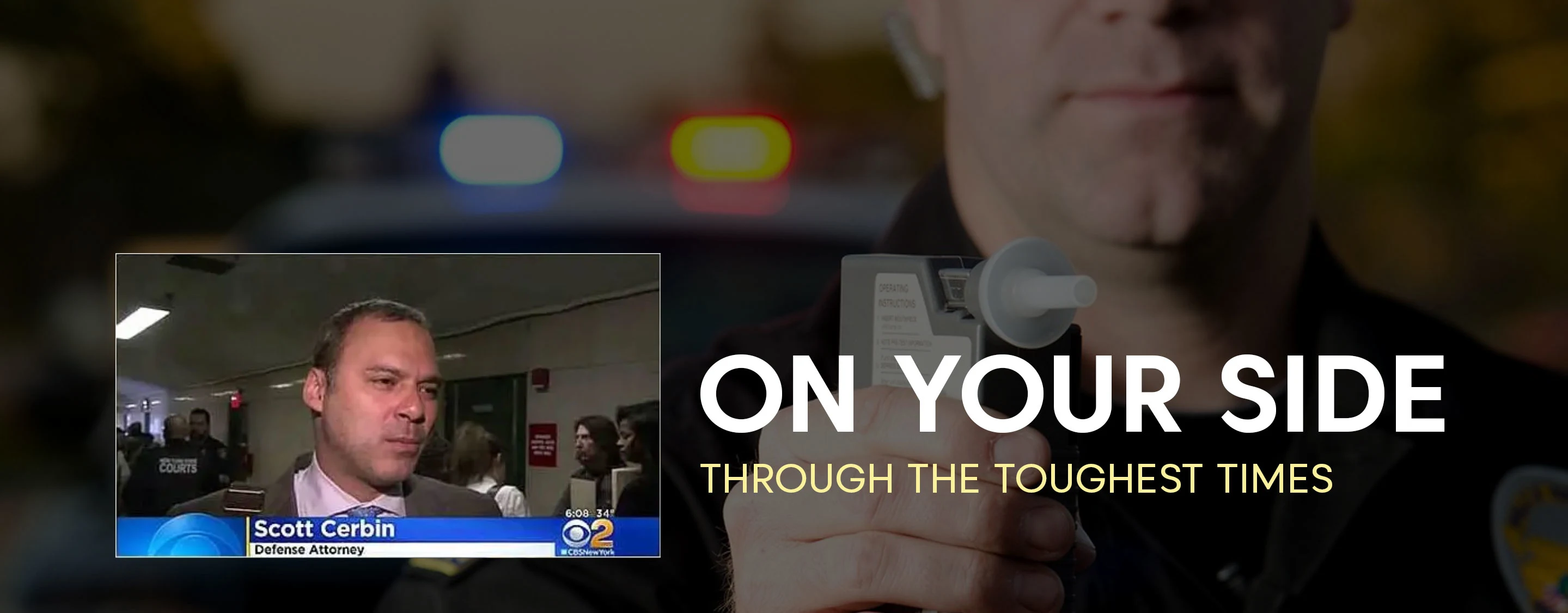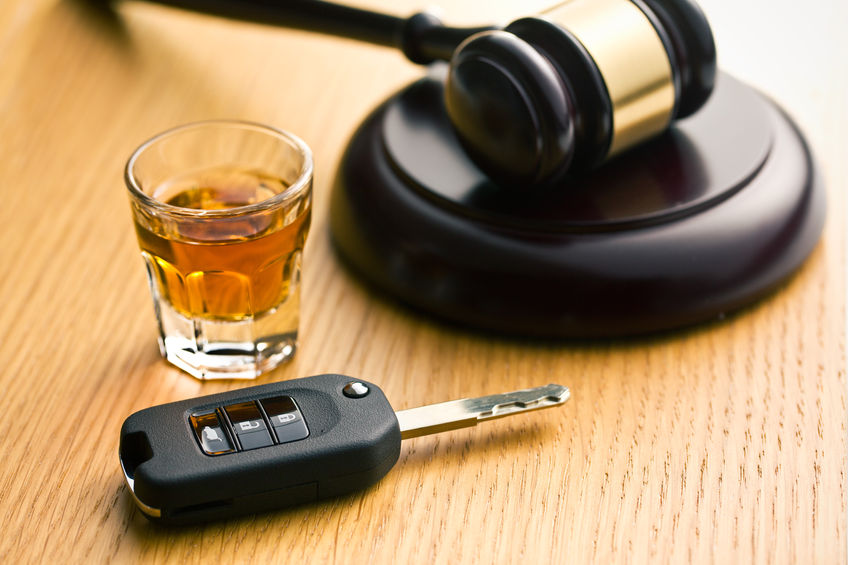Brooklyn DWI Defense: Strategies for Defending Out-of-State Drivers
In Brooklyn, a driver who is charged with DWI is one who was operating a vehicle while under the influence of drugs or alcohol. For different drugs, impairment is assessed in various ways. But for alcohol, it means the driver breaks the law and can be charged with DWI if their blood alcohol content (BAC) is .08% or higher. However, even if their BAC is below .08%, they can still face charges if they are visibly impaired. For drivers under 21 or commercial drivers, stricter limits apply.
If convicted of DWI offenses in Brooklyn, such drivers can face heavy penalties, license suspension, and even jail time. Drivers convicted of alcohol-related crimes must pay an obligatory fee of $400 for felonies and $260 for misdemeanors. First-time offenders must install ignition interlock devices on cars they own or control. However, they may be able to get a conditional license to continue driving to work.
This device must be updated for severe offenders during probation and revocation periods. If the driver is found guilty of a second violation or does not follow the terms of their sentence, their license may be revoked.
Nonetheless, a solid DWI defense can significantly impact how their case turns out. Therefore, anyone facing DWI accusations must be aware of the tactics that may be used to create a strong defense.
DWI Defense Strategies for Out-of-State Drivers
- Challenging the Traffic Stop
Challenging the traffic stop’s purpose is one of the most popular defenses against DWI accusations. To pull the person over, police must have a good cause. Your case can be dismissed if the officer did not have a good reason to believe you were breaching the law. This defense may be used if you were pulled over without swerving, speeding, or violating any traffic regulations.
- Questioning Field Sobriety Tests
The walk-and-turn, one-leg stand, and horizontal gaze nystagmus (HGN) tests are examples of field sobriety tests that can be unreliable. Your performance on these tests might be impacted by several things, such as bad weather, unclear instructions, or health concerns. The prosecution’s case against you may be weakened if a professional criminal defense lawyer claims the tests were unreliable.
- Problems with the Breathalyzer Test
Your BAC is frequently measured with Breathalyzer testing. These gadgets are not without fault. False readings can be caused by human mistakes, poor maintenance, improper calibration, or medical disorders such as acid reflux. These problems can be used to claim the findings are erroneous.
- Lack of Reliable Evidence
The prosecution must establish its case beyond a reasonable doubt to get a DWI conviction. You can claim that the evidence is dubious at best if there is insufficient evidence, the officer’s views were doubtful, or if necessary, evidence was mishandled. A reasonable doubt is typically raised by inaccurate or questionable evidence, which can result in an acquittal or the charges being dropped.
- Rising Blood Alcohol Levels
Between the time of the traffic stop and when the police give the breathalyzer test, a driver’s blood alcohol content (BAC) may occasionally increase. Your blood alcohol content may have been below the legal limit when you were really driving since alcohol takes time to enter the system. You can use this argument to demonstrate that you were not intoxicated when arrested.
Hire a Brooklyn DWI Defense Attorney
Any lawyer may create a defense, but you need a Brooklyn DWI defense lawyer with experience in battling prosecutors and litigating DWI defense cases. Choosing the appropriate DWI defense lawyer has a significant impact on the result of your case.
Our criminal defense attorney, Scott G. Cerbin, Esq., a dedicated attorney with protean experience in DWI cases will help you navigate the complexities of your DWI cases. For more information on how we can defend you, contact us immediately to arrange a free consultation.





